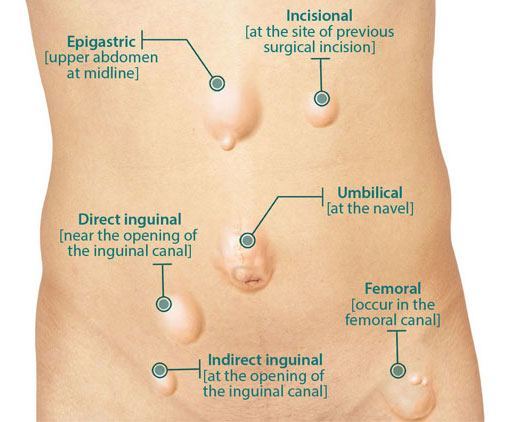
West London Hernia Treatment
Internal organs are enclosed within the abdominal wall which is made up of layers of muscle, fat and tissue. Weakness in any part of the abdominal wall causes the internal organs to bulge out of their normal position. This bulge is called a hernia.
Mr. Abhay Chopada a laparoscopic general and colorectal consultant specialises in the treatment and management of hernia.As one of UK’s Top Surgical Gastroenterologists, is well known for his expertise in this field.
What is a Hernia?
Internal organs are enclosed within the abdominal wall which is made up of layers of muscle, fat and tissue. Weakness in any part of the abdominal wall causes the internal organs to bulge out of their normal position. This bulge is called a hernia.

Hernias may develop before birth (congenital hernia) when the lining of the organs do not close completely to encompass the internal organs. Increased abdominal pressure or weakness around an area of incision made during a surgery can also result in hernia.
Hernias are classified based on their location. The different types of hernia include:
- Inguinal hernia (inner groin):This is the most common type of hernia in men and occurs in the lower abdominal area where the abdomen and legs meet (groin). It occurs when a part of your intestine or bladder bulges out from the abdominal wall near the groin.
- Incisional hernia: This type of hernia occurs when the abdominal wall is pushed out at a site weakened by a previously made incision of an abdominal surgery. It is a common occurrence in overweight and elderly patients who are not very active after surgery.
- Femoral hernia (outer groin): This type of hernia is common in pregnant or obese women. It appears on the upper region of the thigh when the intestine bulges out into the passage of the femoral artery (large blood vessel supplying blood to the lower extremity).
- Umbilical hernia (belly button or navel): This hernia is common in newborns, women who are obese or in those who have had many children. Part of the small intestine bulges out from the navel.
- Hiatal hernia (upper stomach): This occurs when the upper part of the stomach is pushed up through the diaphragm (muscle separating the chest from the abdomen).









